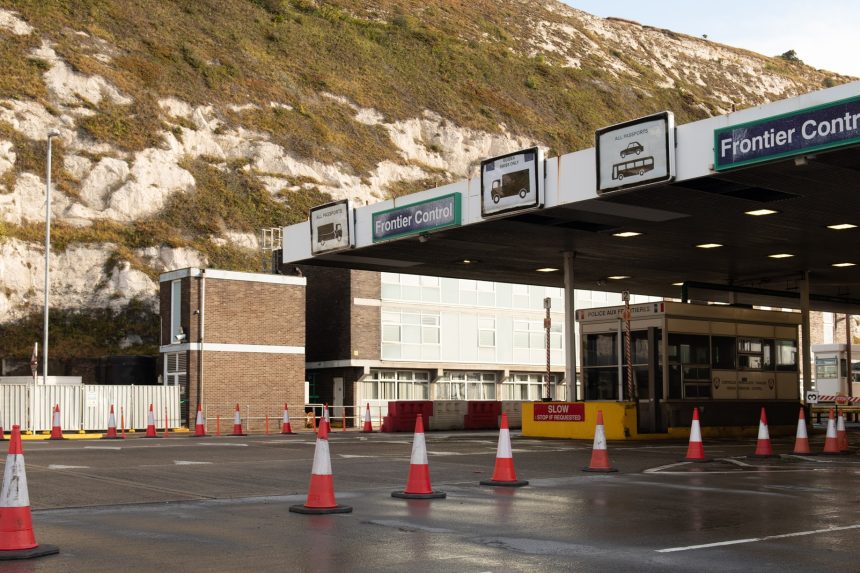The Schengen area Entry/Exit System (EES) for non-EU nationals will go live on 10 November as predicted, Commissioner for Home Affairs Ylva Johansson has said.
That day was suggested previously, but not confirmed by the EU. It means that barring any late temporary dispensations, coach passengers exiting the UK via the Port of Dover will be subject to EES requirements at the juxtaposed controls there from that date.
Worry over the impact of EES on coach operations via the gateway has been articulated by operators and trade bodies representing the sector, along with local authorities in Kent. EES will require the collection of biometric data, and those concerns centre upon the time burden that task will pose.
It remains unclear whether a suggested app to input some of the required data in advance will be ready for use by 10 November.
An EU webpage notes that collection of the biometric data when a passenger arrives at a frontier for the first time since the introduction of the Entry/Exit System will be undertaken by a border control official, self-service equipment there, or an app “if made available by the country of arrival or departure.”
In both latter cases it will still be necessary to engage with a border control officer, but on subsequent border crossings, holders of biometric passports from affected countries will be able to use e-gates.
RHA warned in July that “there is still concern that further damaging delays lie ahead as a result of the various forthcoming changes,” and that international coach operations “must be carefully considered as the changes are introduced.” The trade body has aired concerns about the readiness of necessary infrastructure at borders, and of the relevant app.
In a speech announcing the 10 November start for EES – delivered by Ms Johansson to the eu-LISA agency on 16 August – she said that the opening date had been settled on “after intense dialogues” with member states and stakeholders.
The commissioner adds that EES is “the most modern digital border management system in the world.” She says that the EU has long urged member states to prioritise EES and “speed up their work.”
Ms Johansson believes that “everyone is getting ready for the big day” and that the change to EES will make “border checks gradually faster.” The system will recognise travellers that spend too long in the Schengen area, counter irregular migration, and hinder the use of fake passports.



























